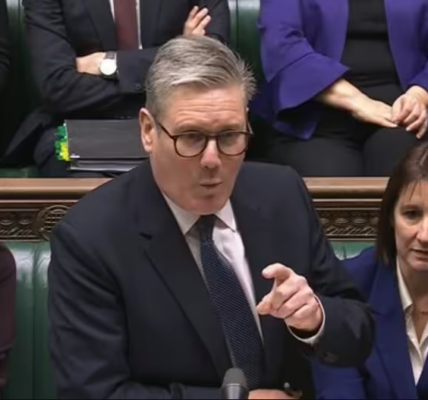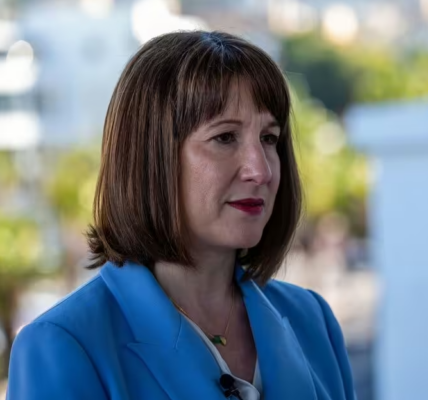Labour Warns of Imminent Job Losses as NHS England Quango Faces Axe
Scrapping NHS England could result in more than 9,000 job losses, it has been estimated

Wes Streeting appeared before the Health and Social Care Committee on Tuesday (Image: Getty)
Wes Streeting has said job cuts will begin “over the coming months” as the Government begins the process of axing NHS England. It is estimated the move will result in more than 9,000 job losses.
On Tuesday, the Health Secretary refused to give a target date for abolishing the world’s largest quango but said it could take up to two years. Appearing before the Health and Social Care Committee, he said: “We’re looking at this as a process up to two years. That doesn’t mean that’s when everything is done. There is a process of bringing teams and bringing the organisation together and reducing headcount which will be taking place, starting over the coming months.
Our community members are treated to special offers, promotions, and adverts from us and our partners. You can check out at any time. Read our Privacy Policy
He said that ultimately, abolishing NHS England would need new law by Parliament, which would take time.
Pressed again on a specific date, he said: “Not a specific date but as I say up to two years.”
The jobs of health service staff at risk following the abolition of NHS England were due to the “failure of the system they work in”, Mr Streeting said.
He told MPs he did not “take these decisions lightly” but said patients and frontline staff would welcome the move to “free up hundreds of millions of pounds”.
He also said reports suggesting the cuts could cost up to £1billion is not an “unreasonable ballpark figure”.
Mr Streeting told MPs: “We want to reduce the size of the centre by 50% – I’m not kind of so dogmatic that if we ended up just below 50%, or just above 50%, that I would be feeling like we failed one way or another.”
When asked about reports the packages offered to staff may end up costing the department up to £1billion, Mr Streeting said: “I didn’t think that was an unreasonable ballpark figure.”
However, he stressed precise numbers will not be known until the Department of Health and Social Care “have confirmed what the ultimate size and shape of the organisation will be”.
Trending
We use your sign-up to provide content in ways you’ve consented to and to improve our understanding of you. This may include adverts from us and 3rd parties based on our understanding. You can unsubscribe at any time. Read our Privacy Policy
Also at the committee, Mr Streeting suggested he would support a national prostate cancer screening programme for men at higher risk of disease if it is backed by the evidence.
The UK’s National Screening Committee is currently assessing whether or not a national screening programme should be rolled out.
The prostate-specific antigen (PSA) test is a blood test used to check for prostate conditions including prostate cancer or an enlarged prostate.
Routine PSA testing is not currently offered on the NHS, but patients may be offered a PSA test if a GP suspects they have prostate cancer.
And men over the age of 50 can ask their GP for a PSA test, even if they do not have symptoms.
There have been an increasing number of calls for the test to be rolled out across the health service.
But others have argued that widespread use of the test could identify cases which may not have caused problems or needed treatment.
Asked whether he would like to see a national prostate cancer screening programme for men at high risk of the disease, Mr Streeting told the committee: “I would like to see that.
“But, and this is such an important but, decisions in this area do need to be evidence-based and evidence-led, and that’s why we have a National Screening Committee.
“So I’ve asked the National Screening Committee to look at this, and they are.”







